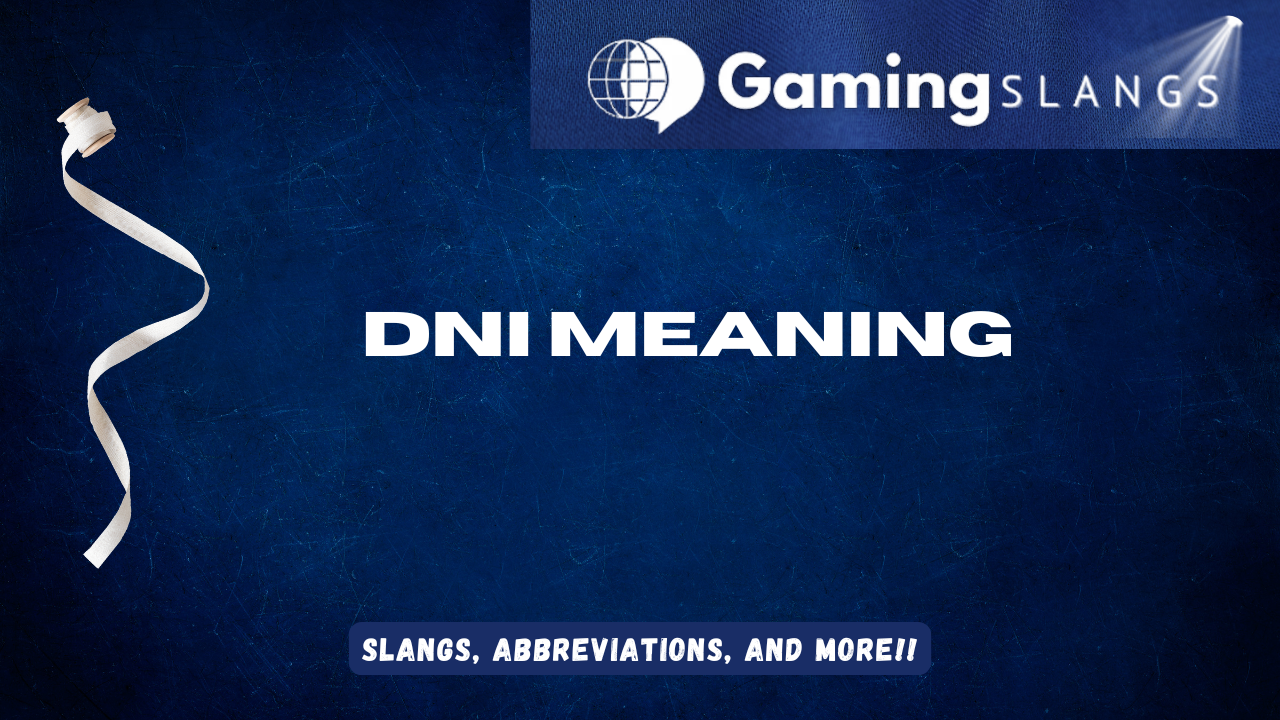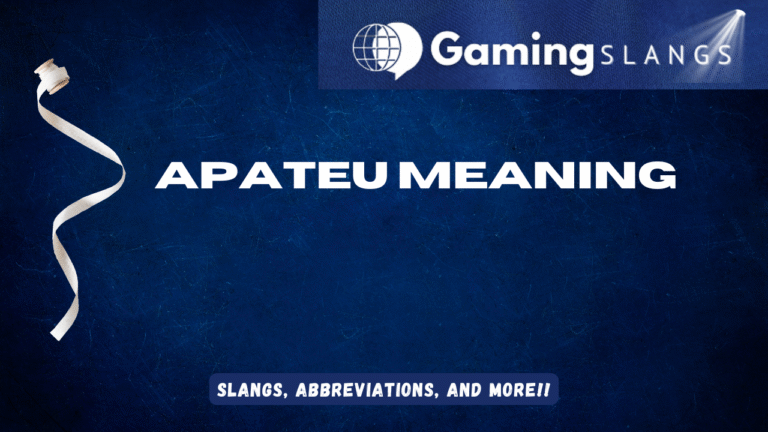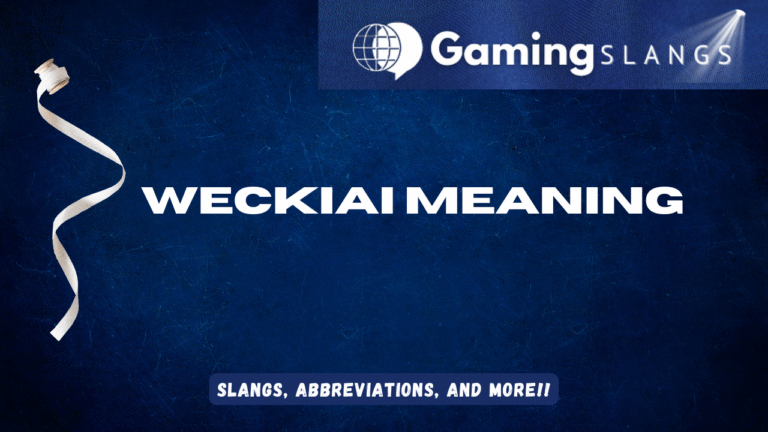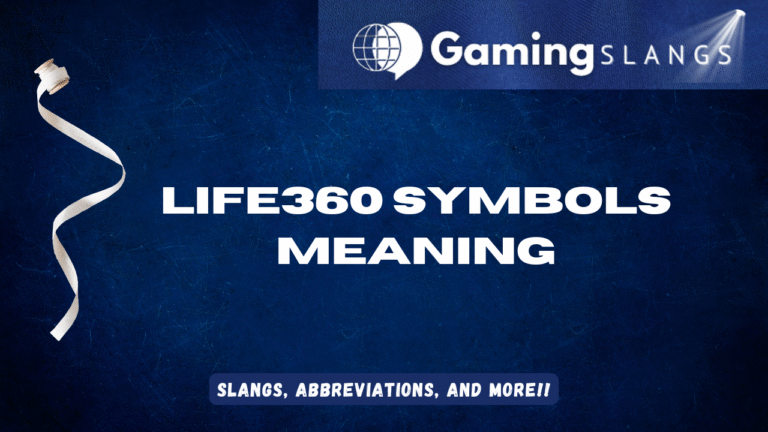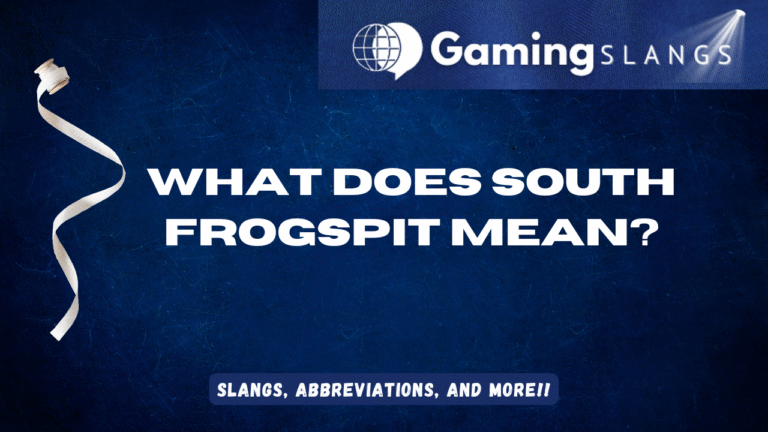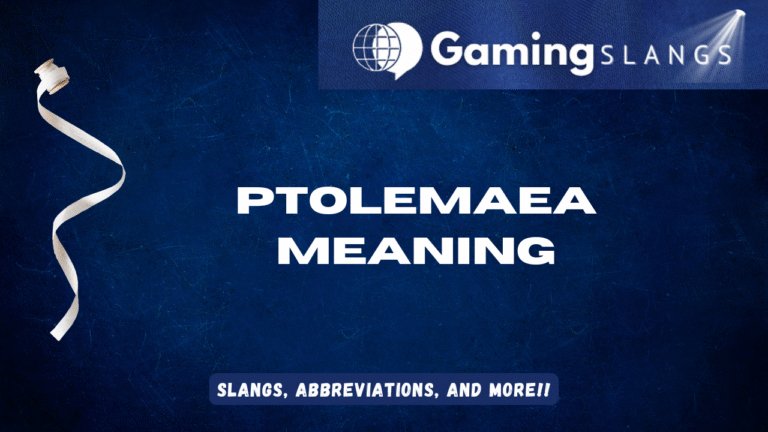DNI is an abbreviation for “Do Not Interact.” It is widely used on social media platforms to set boundaries and indicate that certain groups, individuals, or behaviors are not welcome to engage with the user. In everyday contexts, “DNI” helps people protect their online space by stating clear interaction rules.
Origins of DNI Meaning
The term DNI originated from online communities and fandom spaces in the early 2010s. As digital interactions grew, users began creating “DNI lists” in their bios or posts to filter unwanted interactions. The phrase became common in platforms like Twitter, Tumblr, and TikTok, where personal boundaries are essential.
How to Use DNI in a Sentence?
“DNI” is typically used in online conversations, bios, or disclaimers to make boundaries clear. Here are 5 examples:
- “DNI if you don’t respect other people’s opinions.”
Used in a profile bio to restrict certain behaviors. - “This server is safe for everyone, but DNI if you’re here to spread hate.”
Applied in group or community guidelines. - “Please DNI if you don’t like fanfiction content.”
Used when creators want only supportive engagement. - “Her bio clearly says DNI if you’re under 18.”
Shows age-related interaction boundaries. - “DNI unless you agree with the rules of this page.”
Applied as a condition for participation or interaction.

Pronunciation of DNI
DNI is pronounced as:
/ˌdiːˌenˈaɪ/ (DEE-en-eye)
(Audio placeholder: “Play pronunciation”)
Words Similar to DNI
- DNR (Do Not Repost) – Used when someone doesn’t want their content shared without permission.
- BYF (Before You Follow) – A phrase that introduces important information or disclaimers before someone follows.
- NSFW (Not Safe For Work) – Indicates content that may not be appropriate in public or professional settings.
- OOC (Out of Character) – Common in roleplay communities to show when someone is speaking outside their role.
- Blocked – A direct action used to stop unwanted interaction instead of just warning against it.

